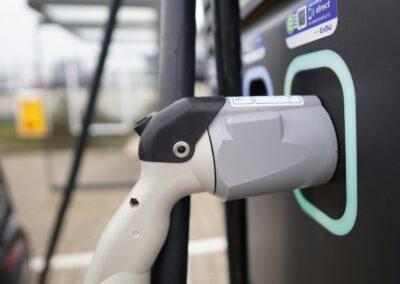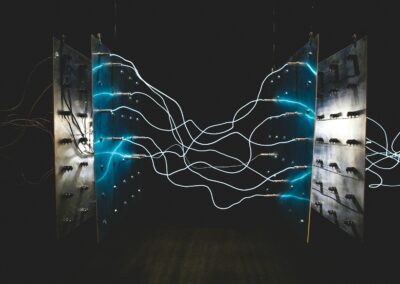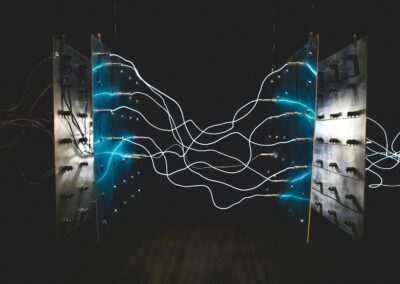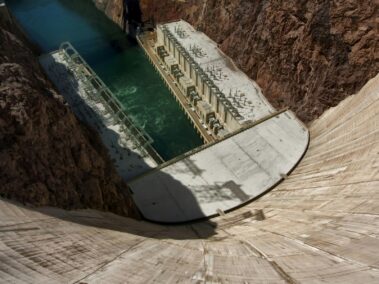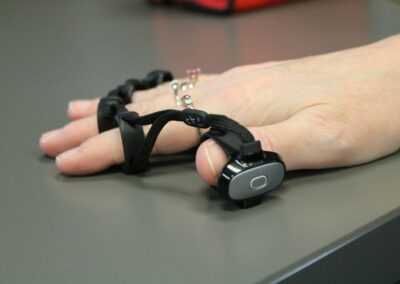The Future of Energy Management in Saudi Arabia and the UAE
Revolutionizing Energy Management with Digital Twins
The integration of digital twins with smart grid technologies offers unprecedented benefits for enhanced energy management. Digital twins, which create virtual replicas of physical assets, allow real-time monitoring and data analysis, leading to more efficient and sustainable energy use. In rapidly developing regions such as Saudi Arabia and the UAE, the adoption of these technologies is transforming the energy landscape, paving the way for smarter and more resilient energy systems.
Digital twins enable energy providers to simulate and predict the performance of the energy grid under various conditions. This capability is crucial for managing the increasing complexity of modern energy systems, which include diverse energy sources such as solar, wind, and traditional fossil fuels. By providing a comprehensive view of the energy grid, digital twins facilitate better decision-making, optimize energy distribution, and reduce operational costs.
In cities like Riyadh and Dubai, where the demand for energy is continuously rising due to urbanization and industrialization, the integration of digital twins with smart grid technologies is particularly impactful. These cities are leveraging advanced technologies to create more sustainable and efficient energy systems, aligning with their visions of becoming global leaders in smart city development.
Enhancing Grid Reliability and Efficiency
One of the primary benefits of integrating digital twins with smart grid technologies is the significant improvement in grid reliability and efficiency. Digital twins provide a real-time, dynamic model of the energy grid, allowing operators to monitor performance, identify issues, and implement solutions promptly. This real-time visibility is essential for maintaining grid stability and preventing outages.
In regions like Saudi Arabia and the UAE, where extreme weather conditions can pose challenges to energy infrastructure, the ability to anticipate and respond to potential disruptions is critical. Digital twins enable energy providers to simulate various scenarios, such as equipment failures or sudden spikes in demand, and develop contingency plans accordingly. This proactive approach enhances the resilience of the energy grid and ensures a continuous supply of electricity.
Moreover, digital twins support the integration of renewable energy sources into the grid. By simulating the impact of solar and wind power generation, digital twins help operators balance supply and demand more effectively. This capability is crucial for regions aiming to increase their reliance on renewable energy and reduce carbon emissions.
Optimizing Energy Distribution and Consumption
Effective energy management involves not only producing and distributing electricity but also optimizing its consumption. Digital twins play a pivotal role in achieving this goal by providing detailed insights into energy usage patterns. These insights enable energy providers to implement demand-side management strategies, encouraging consumers to use electricity more efficiently.
In cities like Dubai and Riyadh, where large-scale developments and infrastructure projects are common, optimizing energy consumption is essential for sustainability. Digital twins allow for the creation of smart buildings and intelligent infrastructure, where energy usage is monitored and managed in real-time. This integration leads to significant energy savings and reduces the overall carbon footprint of the city.
Furthermore, digital twins facilitate the development of personalized energy solutions for consumers. By analyzing data from smart meters and IoT devices, energy providers can offer tailored recommendations for energy conservation. This personalized approach not only enhances consumer satisfaction but also contributes to the overall efficiency of the energy grid.
The Path Forward: Implementing Digital Twins in Energy Management
Case Studies and Success Stories
Several case studies highlight the successful implementation of digital twins in energy management. For instance, a major utility company in Riyadh used digital twins to enhance grid reliability and reduce operational costs. By creating a virtual model of the energy grid, the company was able to monitor performance, predict potential issues, and optimize maintenance schedules. This approach led to a significant reduction in outages and improved customer satisfaction.
Similarly, in Dubai, digital twins were employed to integrate renewable energy sources into the grid. The technology allowed operators to simulate the impact of solar power generation and develop strategies for balancing supply and demand. As a result, the city achieved higher efficiency in energy distribution and made substantial progress toward its sustainability goals.
Future Prospects and Technological Advancements
The future of energy management with digital twins looks promising, with continuous advancements in technology and increased adoption across the industry. As digital twins become more sophisticated, they will incorporate advanced features such as artificial intelligence and machine learning. These capabilities will further enhance the ability to manage complex energy systems and optimize outcomes.
For example, AI-driven analytics can analyze vast amounts of data from digital twins, providing insights into potential risks and opportunities. This predictive capability enables energy providers to proactively address issues and make informed decisions that improve grid performance. Additionally, the integration of digital twins with other emerging technologies, such as blockchain and the metaverse, will open new possibilities for smart energy management and infrastructure.
Conclusion
In conclusion, the integration of digital twins with smart grid technologies is transforming energy management by enhancing grid reliability, efficiency, and sustainability. In rapidly developing regions like Saudi Arabia and the UAE, cities such as Riyadh and Dubai are leveraging this technology to create smarter, more resilient energy systems. By providing real-time data and insights, digital twins enable energy providers to make data-driven decisions, optimize energy distribution, and reduce operational costs. As technology continues to evolve, the future of energy management with digital twins looks increasingly innovative and promising, paving the way for the development of smart cities and intelligent infrastructure.
—
#DigitalTwins #SmartGrid #EnergyManagement #ConstructionTechnology #ProjectManagement #SaudiArabia #UAE #Riyadh #Dubai #ArtificialIntelligence #Blockchain #Metaverse #ExecutiveCoaching #GenerativeAI #ModernTechnology #BusinessSuccess #Leadership #ManagementSkills


